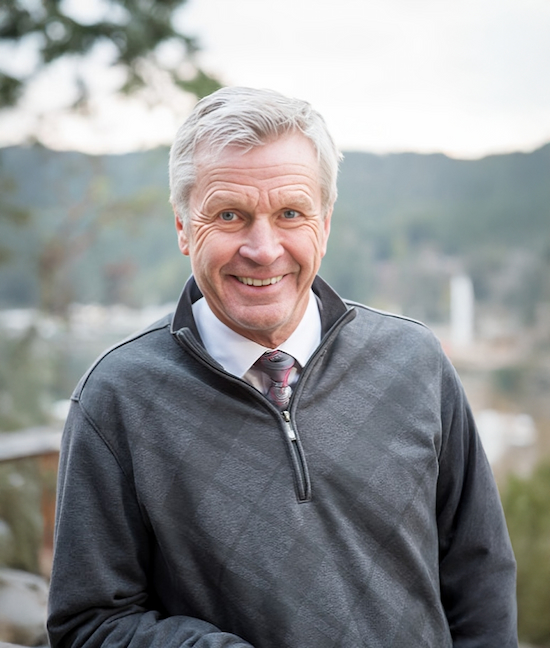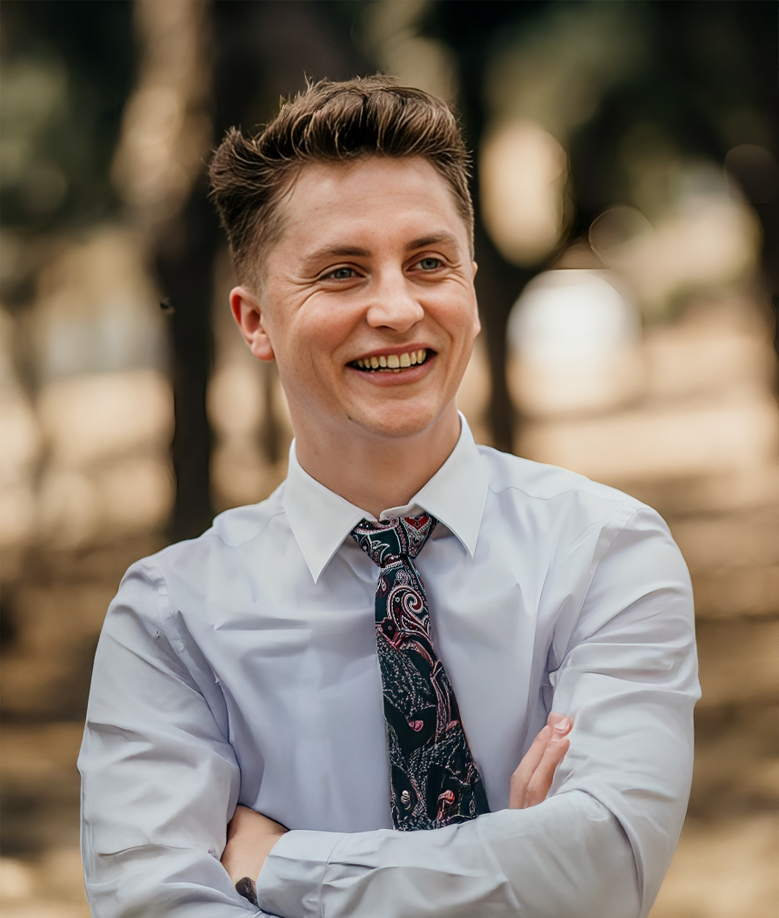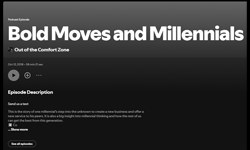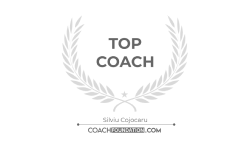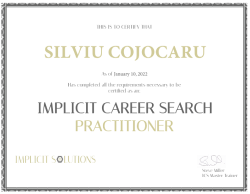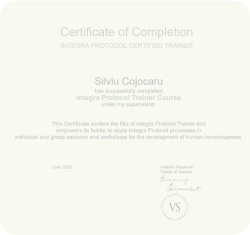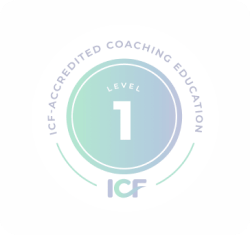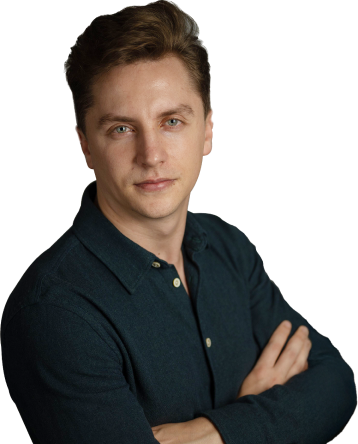Beginning
Having been fascinated since childhood by the question of “How am I going to decide what to do for work?” I eventually found myself delivering career planning workshops to unemployed clients in British Columbia. In 1987 this consisted of some basic assessments (MBTI, Strong Vocational Assessment, Holland Codes) combined with a lot of attempts at motivation (Becoming Assertive, Dealing with Stress, etc.) and some basic job search help (Resume and Cover Letter Writing, Interview Techniques, etc.). These workshops were enthusiastically received by most participants and many of them went on to find work shortly after, mostly due to this boost of enthusiasm accompanied by an increase in self-esteem. The work often did not last long however, and I would find ex-clients back in my classroom, looking for another boost. This did not seem like a sustainable model to me. Eventually I realized that even the people we did help, were attaining jobs that would have been filled by someone whether we were delivering this program or not. This became a serious challenge to me, and I decided to solve it.
Research Phase 1
Thus began a four-year odyssey of travelling all over North America and Europe taking any course and studying any approach that I thought may give me a clue to helping people decide what they wanted their careers to be and how they would accomplish that. I participated in workshops ranging from Shamanism in Arizona to Business Leadership at Berkely, CA. After being introduced to Joseph Campbell and his Hero’s Journey motif, I decided to use that as the background for my work. This solved my problem of providing unemployed people with career programs for jobs that would get filled anyway. Encouraging people to heroically contribute to making our world a better place is a worthwhile investment of taxpayer’s money I thought, and still do.
While taking courses and having experiences during the day I was reading fanatically at night. I read all of Campbell’s and Carl Jung’s published material, explored the Perennial Philosophy as described by Houston Smith. I covered all of Peter Drucker and Alan Watts, and looked into Nietzsche, Emerson and Freud. While driving I would listen to tapes of Wayne Dyer, Deepak Chopra and others. As I came across each new concept, I made a note to include that somewhere in the modules of my workshop.
A critical point of this journey occurred while I was participating in what turned out to be a, for me, life-changing program (Practitioner of Organizational Behaviour) through University Associates in San Diego. The curriculum involved three ten-day stints in San Diego where we were introduced to many of the leading lights of the time from the business and human potential worlds. It was during this course that I met the brilliant American psychologist, Dr. Will Schutz (Joy, Profound Simplicity, The Human Element, FIRO Theory, etc.). Will became enamoured with my quest and offered to help me with it.
Thus began another four-year journey – to develop what would become The Implicit Career Search.
Research Phase 2
In 1990 I was living in Salmon Arm, BC and contracting to both the Federal and Provincial governments to provide services to the unemployed in that area. Due to the employment contract field being new at the time and Salmon Arm being isolated from the main centres, I was given free rein to experiment with different approaches.
I also had the security of a contract, that ran for four years, with the federal government, that provided me with 16 participants a month to experiment with. Will and I devised a process where we would design a ten-day workshop that would provide participants with an internal and external ‘heroic journey’, I would deliver the workshop and then we would discuss the outcomes of each exercise and either keep, revise, or replace them for the next workshop. Will taught me six different methods to apply in workshops: lecturettes, written assessments, guided imagery, movement, group feedback and non-verbal exercises. Delivering guided imagery in Salmon Arm in 1990 produced some interesting reactions!
Our 3 goals were to:
- Discover what the main motivation would be to get people enthusiastic, and re-energised for looking for work.
- Develop an approach that would make their job search practical and sustainable.
- Have the approach be a worthwhile investment of taxpayer funding.
As an aside – an entertaining book could be written based on the stories that came out of those workshops.
For the first year or so we applied Will’s FIRO Theory to help participants understand where they were getting stuck in their Behaviours, Feelings, and Self-Concept as the Inner Journey of the first 5 days. The Outer Journey was an amalgamation of Richard Bolle’s ‘What Colour is Your Parachute?”, Steven Covey’s ‘7 Habits of Highly Effective People’ (I had become a certified 7 Habits practitioner) and the usual resume writing, job search and interview techniques.
The participants in the first 18 classes became quite motivated. It seemed to me, however, that they were getting an increase in self-esteem but not a focus on a career path. Then one discussion with one client changed everything. Dennis was the ultimate disruptive client, rolling eyes, insulting other participants, constantly interrupting me. After about fifteen minutes of this I called a break and took Dennis into my office to ask what was going on. He forcefully explained how he did not have time for navel gazing as he had no idea how he was going to feed his kids that night, pay the rent at the end of the month and so on. Internally I agreed that this was not the best time for him to participate in this workshop and I thought I was going to say that. I am still shocked at the words that actually came out of my mouth that day, “Fair enough, but when you take care of all that what are you going to contribute to the world.” When he lifted his hand I thought it was to hit me and I began to duck. I then realized he was wiping tears away and he said, “If you can help me figure that out I will figure the rest out myself.” He went on to be the star client of the group and, using his plan from that week, developed his own business running a worm farm in Enderby, BC.
That interaction helped me realize my own work purpose: To develop methods and techniques that will encourage individuals to pursue their implicit careers.
I named the program ‘implicit’ because my experience during the four years of research had convinced that our work purpose is ‘available but not apparent’, we cannot be told what it is, we need to decide that for ourselves.
Delivery
The Implicit Career Search has since taken on many forms: public workshops, coaching, business programs, online versions and now, a live online version. Through this it has maintained six core modules. Each module is based and supported by theory by academics and scholars, most of whom I have worked directly with in developing the module.
This table is intended to give you a sense of the academic background to each module.
| Module | Consulted Directly With | |
| 1 | Taking Charge (Decision Making) – discovering areas where I have more control than I previously thought. | Dr. Will Schutz |
| 2 | Getting Unstuck (Personal Development) – identifying labels, defensive behaviours, limiting beliefs and ‘shoulds’ that I have, usually unconsciously, taken on and using tools to lessen their influence on my decision making. | Dr. Will Schutz |
| 3 | Personal Mission Statement (Personal Definition) – defining the person I intend to be and putting that into practice. | Dr. Stephen Covey |
| 4 | Work Purpose Statement (Career Definition) – declaring the contribution I will eventually make through my work. | Influenced by: Bridges, Drucker, Boldt, others |
| 5 | Career Development Spectrum (Career Development) – developing the career through the five stages of craftsperson-manager-leader-expert-creator | Ken Wilber |
| 6 | Strategic Career Planning (Career Planning) – identifying vision stages, implementation steps and contingency plans | Jack Stephens, University Associates (Applied Strategic Planning) |
I am happy to report that The Implicit Career Search is now delivered in Canada, USA, UK, France, Mexico, Belgium, Switzerland, Sweden, and Holland in one of its various formats:
5 day workshop; one-on-one ooaching (live and online); online programs (The Aha Moment and Career Hero) and a 5 day live, online version (Working On Purpose).
The Emergent Leaders Program is a combination of Will’s Human Element workshop (designed for organizations) and The Implicit Career Search. It encourages businesses to provide their employees with implicit career planning to help them decide, based on their work purpose, whether to stay with that business or to develop a plan to move on from it. This approach has resulted in some, to me, incredible results in improving staff engagement and retention.
To this point availability to ICS has been limited to those who have been able to participate in group sessions but now, thanks to the inspired genius of my business partner, Silviu Cojocaru, the program is available to all online through The Aha Moment!

